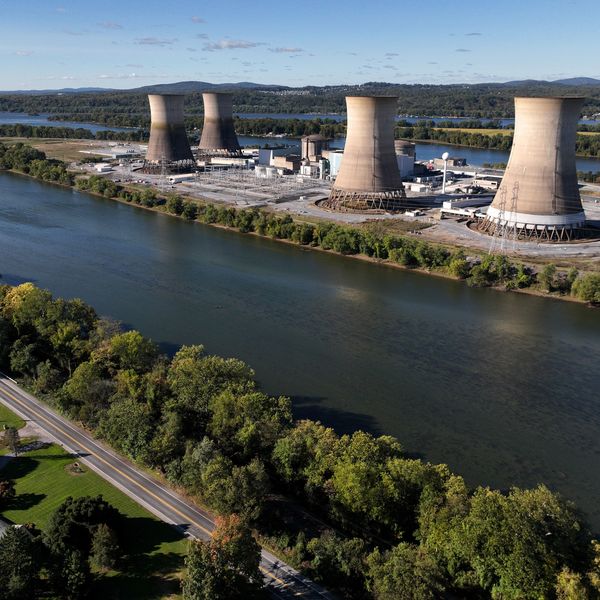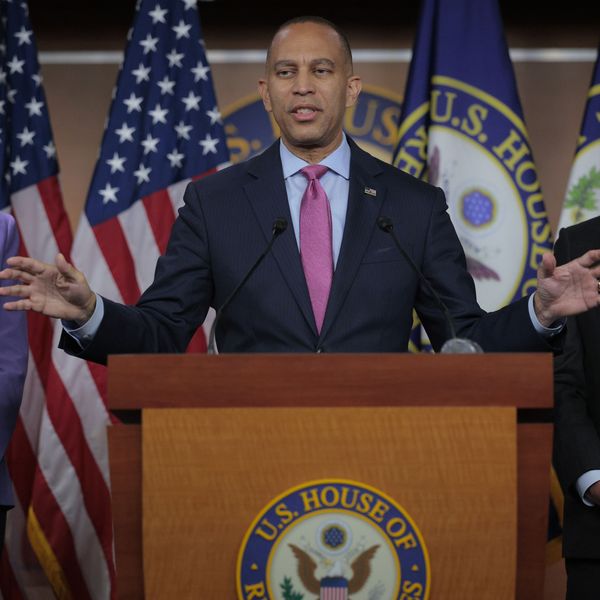Levels of radiation at Fukushima's reactor number 1 were at record levels on Wednesday, Agence France-Presse reports.
TEPCO (Tokyo Electric Power Co.), the owners of the Fukushima plant, reported that the lethal levels -- 10,300 millisieverts an hour -- were 10 times higher than the levels at Fukushima's numbers two and three reactors.
" Workers cannot enter the site and we must use robots for the demolition," said TEPCO.
Anti-nuclear power sentiment in Japan is high, and the decision to switch off of the last of the country's 50 nuclear reactors in May was celebrated. But amid protests, Japan has announced it may restart two of its nuclear reactors as soon as Sunday. On Tuesday, two prominent Japanese seismologists warned against the restart decision.
"The stress tests and new safety guidelines for restarting nuclear power plants both allow for accidents at plants to occur," Katsuhiko Ishibashi, a seismologist at Kobe University, told reporters. "Instead of making standards more strict, they both represent a severe setback in safety standards."


